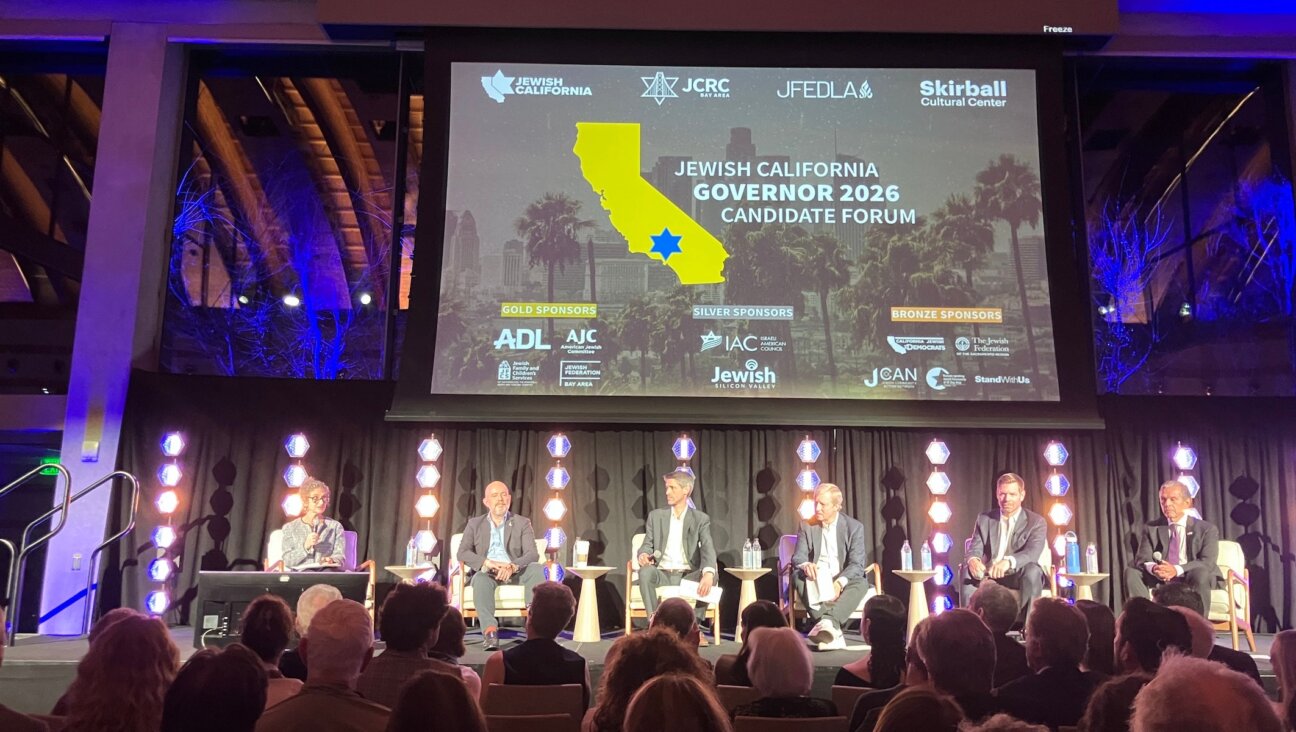US and Germany join in Holocaust education push

Graphic by Angelie Zaslavsky
(JTA) — The Biden administration and Angela Merkel’s government are signing a letter of intent to share information and strategies on advancing Holocaust education.
Antony Blinken, the U.S. secretary of state, and Heiko Maas, the German foreign minister will sign a letter of intent on Thursday at the Memorial to the Murdered Jews of Europe in Berlin. Holocaust survivors will be present.
In an interview the day before the signing, Cherrie Daniels, the State Department’s special envoy for Holocaust issues, said that while there was already cooperation between the two countries on Holocaust issues, the evidence of ignorance of the topic required a more formal arrangement.
“One in 10 Americans under age 40 has never heard of the Holocaust, and of those who have heard of the Holocaust, some 53% did not know that 6 million Jews were murdered,” Daniels said, citing recent studies.
Each country’s main Holocaust study institution, the Berlin memorial in Germany and the U.DS. Holocaust Memorial Museum in Washington D.C. would be involved in developing and sharing materials.
“We need to be active together in developing new tools and working within our own countries, as well as globally, to really promote historically accurate Holocaust education, remembrance and research and to combat distortion and disinformation,” she said.
Daniels said the cooperation would likely start at the level of training government workers.
“In the nearer term will be something that can produce innovative tools that would be used in training our own respective civil servants, and law enforcement, the policymakers in our countries, to understand the origins of the antisemitism and hatred that fueled the Holocaust, to understand the role of denial and distortion disinformation and trying to sow divisions in our countries,” she said.
She said a plenary was planned for the fall, after the German elections. The United States she added was funding a tour through Germany and Poland of the Arolsen Archives #StolenMemory exhibit, which features mementos that Nazis stole from Jews. The Arolsen Archives, based in Germany, is the largest repository of Holocaust-era documents and materials, governed by 11 nations.
The post US and Germany join in Holocaust education push appeared first on Jewish Telegraphic Agency.
















